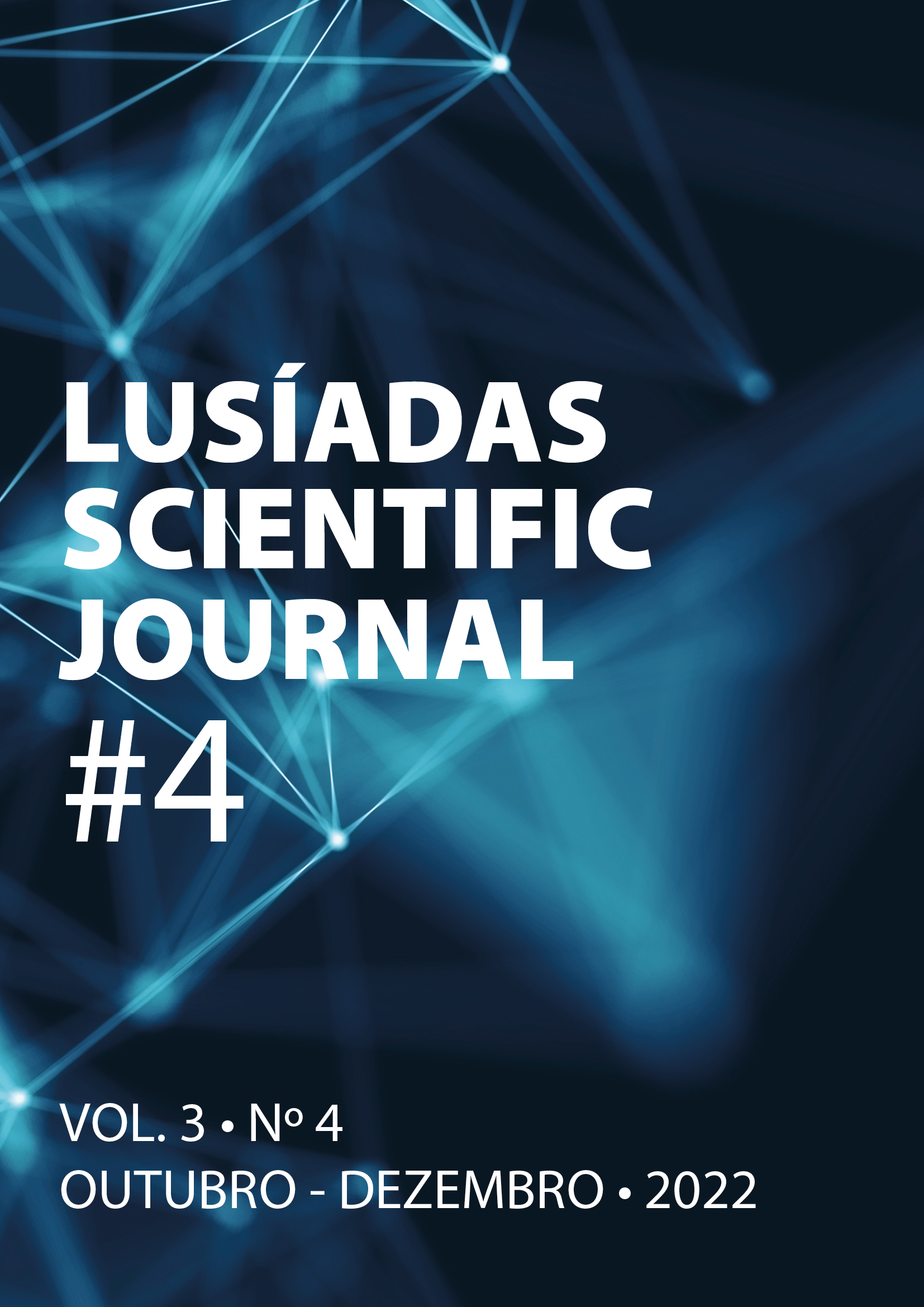Narrative Review
Hypokalemic Periodic Paralysis: A Review of Pathophysiology, Clinical Features, and Treatment
Main Article Content
Abstract
Hypokalemic periodic paralysis is a rare genetic skeletal muscle channelopathy characterized by recurrent attacks of tetraparesia associated with hypokalemia. Mutations in skeletal muscle sodium and calcium channels are responsible for the pathophysiology of this condition and each mutation seem to have different implication in both phenotype and response to treatment. Patients with hypokalemic periodic paralysis present with recurrent muscle weakness and hypokalemia, frequently after exercise or copious meals, but are symptom free between attacks. Although potassium administration is the mainstay of acute treatment, carbonic anhydrase inhibitors play a significant role in prophylactic treatment. In this article, we aimed to review the pathophysiology, clinical features, and treatment options of hypokalemic periodic paralysis.
Article Details

This work is licensed under a Creative Commons Attribution-NonCommercial 4.0 International License.
References
Jandhyala SN, Madireddi J, Belle J, Rau NR, Shetty R. Hypokalaemic Periodic Paralysis- A Prospective Study of the Underlying Etiologies. J Clin Diagn Res 2015;9(9):OC17-9. doi: 10.7860/JCDR/2015/13237.6529
Miller TM, Dias da Silva MR, Miller HA, Kwiecinski H, Mendell JR, Tawil R, et al. Correlating phenotype and genotype in the periodic paralyses. Neurology 2004;63(9):1647-55. doi: 10.1212/01.wnl.0000143383.91137.00
Wi JK, Lee HJ, Kim EY, Cho JH, Chin SO, Rhee SY, et al. Etiology of hypokalemic paralysis in Korea: data from a single center. Electrolyte Blood Press 2012;10(1):18-25. doi: 10.5049/EBP.2012.10.1.18
Horga A, Raja Rayan DL, Matthews E, Sud R, Fialho D, Durran SC, et al. Prevalence study of genetically defined skeletal muscle channelopathies in England. Neurology 2013;80(16):1472-5. doi: 10.1212/WNL.0b013e31828cf8d0
Statland JM, Fontaine B, Hanna MG, Johnson NE, Kissel JT, Sansone VA, et al. Review of the Diagnosis and Treatment of Periodic Paralysis. Muscle Nerve 2018;57(4):522-530. doi: 10.1002/mus.26009
Li J, Moten S, Rauf AA. The role of nephrologists in management of hypokalemic periodic paralysis: a case report. J Med Case Rep 2022;16(1):65. doi: 10.1186/s13256-022-03283-0
Ke Q, Luo B, Qi M, Du Y, Wu W. Gender differences in penetrance and phenotype in hypokalemic periodic paralysis. Muscle Nerve 2013;47(1):41-5. doi: 10.1002/mus.23460
Tricarico D, Camerino DC. Recent advances in the pathogenesis and drug action in periodic paralyses and related channelopathies. Front Pharmacol 2011;2:8. doi: 10.3389/fphar.2011.00008
Kubota T, Wu F, Vicart S, Nakaza M, Sternberg D, Watanabe D, et al. Hypokalaemic periodic paralysis with a charge-retaining substitution in the voltage sensor. Brain Commun 2020;2(2):fcaa103. doi: 10.1093/braincomms/fcaa103
Levitt JO. Practical aspects in the management of hypokalemic periodic paralysis. J Transl Med 2008;6:18. doi: 10.1186/1479-5876-6-18
Ruff RL. Insulin acts in hypokalemic periodic paralysis by reducing inward rectifier K+ current. Neurology 1999;53(7):1556-63. doi: 10.1212/wnl.53.7.1556
Tricarico D, Capriulo R, Conte Camerino D. Insulin modulation of ATP-sensitive K+ channel of rat skeletal muscle is impaired in the hypokalaemic state. Pflugers Arch 1999;437(2):235-40. doi: 10.1007/s004240050774
Welland NL, Hæstad H, Fossmo HL, Giltvedt K, Ørstavik K, Nordstrøm M. The Role of Nutrition and Physical Activity as Trigger Factors of Paralytic Attacks in Primary Periodic Paralysis. J Neuromuscul Dis 2021;8(4):457-468. doi: 10.3233/JND-200604
Palmer BF, Clegg DJ. Physiology and Pathophysiology of Potassium Homeostasis: Core Curriculum 2019. Am J Kidney Dis 2019;74(5):682-695. doi: 10.1053/j.ajkd.2019.03.427
Sansone VA, Ricci C, Montanari M, Apolone G, Rose M, Meola G, et al. Measuring quality of life impairment in skeletal muscle channelopathies. Eur J Neurol 2012;19(11):1470-6. doi: 10.1111/j.1468-1331.2012.03751.x
Matthews E, Hanna MG. Muscle channelopathies: does the predicted channel gating pore offer new treatment insights for hypokalaemic periodic paralysis? J Physiol 2010;588(Pt 11):1879-86. doi: 10.1113/jphysiol.2009.186627
Tengan CH, Antunes AC, Gabbai AA, Manzano GM. The exercise test as a monitor of disease status in hypokalaemic periodic paralysis. J Neurol Neurosurg Psychiatry 2004;75(3):497-9. doi: 10.1136/jnnp.2003.013870
Griggs RC, Resnick J, Engel WK. Intravenous treatment of hypokalemic periodic paralysis. Arch Neurol 1983;40(9):539-40. doi: 10.1001/archneur.1983.04050080039005
Sansone VA, Burge J, McDermott MP, Smith PC, Herr B, Tawil R, et al. Randomized, placebo-controlled trials of dichlorphenamide in periodic paralysis. Neurology 2016;86(15):1408-1416. doi: 10.1212/WNL.0000000000002416
Matthews E, Portaro S, Ke Q, Sud R, Haworth A, Davis MB, et al. Acetazolamide efficacy in hypokalemic periodic paralysis and the predictive role of genotype. Neurology 2011;77(22):1960-4. doi: 10.1212/WNL.0b013e31823a0cb6
Sansone VA, Johnson NE, Hanna MG, Ciafaloni E, Statland JM, Shieh PB, et al. Long-term efficacy and safety of dichlorphenamide for treatment of primary periodic paralysis. Muscle Nerve 2021;64(3):342-346. doi: 10.1002/mus.27354
Desaphy JF, Altamura C, Vicart S, Fontaine B. Targeted Therapies for Skeletal Muscle Ion Channelopathies: Systematic Review and Steps Towards Precision Medicine. J Neuromuscul Dis 2021;8(3):357-381. doi: 10.3233/JND-200582
Dalakas MC, Engel WK. Treatment of "permanent" muscle weakness in familial Hypokalemic Periodic Paralysis. Muscle Nerve1983;6(3):182-6. doi: 10.1002/mus.880060303

